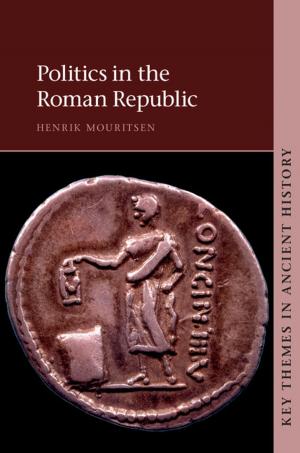| Author: | Douglas Walton | ISBN: | 9781107086579 |
| Publisher: | Cambridge University Press | Publication: | June 2, 2008 |
| Imprint: | Cambridge University Press | Language: | English |
| Author: | Douglas Walton |
| ISBN: | 9781107086579 |
| Publisher: | Cambridge University Press |
| Publication: | June 2, 2008 |
| Imprint: | Cambridge University Press |
| Language: | English |
Second edition of the introductory guidebook to the basic principles of constructing sound arguments and criticising bad ones. Non-technical in approach, it is based on 186 examples, which Douglas Walton, a leading authority in the field of informal logic, discusses and evaluates in clear, illustrative detail. Walton explains how errors, fallacies, and other key failures of argument occur. He shows how correct uses of argument are based on sound strategies for reasoned persuasion and critical responses. This edition takes into account many developments in the field of argumentation study that have occurred since 1989, many created by the author. Drawing on these developments, Walton includes and analyzes 36 new topical examples and also brings in work on argumentation schemes. Ideally suited for use in courses in informal logic and introduction to philosophy, this book will also be valuable to students of pragmatics, rhetoric, and speech communication.
Second edition of the introductory guidebook to the basic principles of constructing sound arguments and criticising bad ones. Non-technical in approach, it is based on 186 examples, which Douglas Walton, a leading authority in the field of informal logic, discusses and evaluates in clear, illustrative detail. Walton explains how errors, fallacies, and other key failures of argument occur. He shows how correct uses of argument are based on sound strategies for reasoned persuasion and critical responses. This edition takes into account many developments in the field of argumentation study that have occurred since 1989, many created by the author. Drawing on these developments, Walton includes and analyzes 36 new topical examples and also brings in work on argumentation schemes. Ideally suited for use in courses in informal logic and introduction to philosophy, this book will also be valuable to students of pragmatics, rhetoric, and speech communication.















